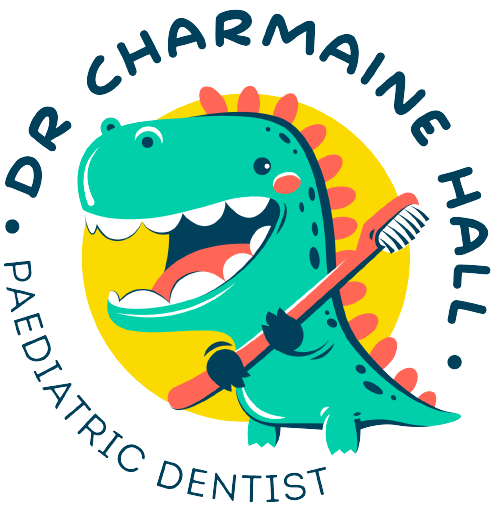1. Have you always heard to brush twice a day?
That is absolutely the best recommendation. However, if you are going to brush your teeth once a day, never miss a night time brush!! Letting food or sugary acid drinks stay in our mouth overnight is a recipe for tooth decay! Make sure your kids get in the habit of brushing every night before bed. Incorporate it into their regular bedtime routine. Creating this habit from a young age will help your child have a lifetime of health teeth.
2. When can you stop brushing your child’s teeth?
The answer is not always cut and dry. Every child develops at different rates and in reality, some children need extra help until they are able to develop the dexterity to manipulate the toothbrush in all the spots in the mouth. Some indications that your child might be ready to explore independent brushing include being able to colour in the lines or being able to tie their shoes. However, it is still good to check their work.
3. How do you check your kids tooth brushing?
Plaque disclosing tables are a great way to show where you or your child might be missing with the toothbrush. Simply chew a table prior to brushing -it will stain the plaque so it is really visible. The do regular brushing. After brushing you will be able to see all the spots where plaque remains.
This is a great tool to use when children are learning dexterity and proper brushing technique. With more practice, we can all be excellent brushers. After brushing there will be some remaining stain between the teeth which can be flossed out.
4. My child is very independent and always want to brush their own teeth, Any advice?
Help your young child feel independent by letting them brush on their own but make sure they know that a grown up gets a turn either after or before them. Especially before bed!!
5. How do cavities form?
Cavities are COMPLEX!! There are so many factors that influence who will get a cavity and who does not. As parents/guardians it is important to have a healthy mouth yourself because you can pass bacteria from your mouth to your child’s by sharing cutlery, cups and through kissing your child. This is known as vertical transmission. Therefore, as a parent/guardian, if you have no cavities in your teeth, you are less likely to have a child who will have cavities in their teeth. Make sure you see a dentist to ensure you have excellent oral health
Essentially, to get a cavity you need a tooth + bacteria (found in plaque) + carbohydrates.
You can limit 2 or the 3 things needed for a cavity to form in order to decrease your child’s chances of getting a cavity:
- Limit bacterial load by brushing, flossing and avoiding “vertical transmission” of oral bacterial to your child
- Limit the bacteria’s food source: sugar!!
6. When should my child see a dentist?
The American Academy of Paediatric Dentistry and the Australasian Academy of Paediatric Dentistry recommends your child establish a dental home from the early age of 1.
A dental home establishes an onging relationship between you and your dental provider to provide all aspects of oral health. A child’s exam at a young age can help parents to prevent dental decay but also anticipate what can be done for your child in the future. It also ensures your child has a dental provider established in the case of an emergency! Young children are most susceptible to injury on their teeth as they begin to walk. It is important to get those early dental visits in to ensure a lifetime of good oral health.
7. Thumb and finger sucking; how bad is it?
It is normal for babies to suck on thumbs, fingers or pacifiers (dummies)
Over time, they should lose interest
Prolonged sucking on fingers/thumb can cause changes in tooth positioning and alter the upper arch /upper airway.
Thumb sucking is harder to break than pacifier use. You can take away a dummy but a thumb is forever!!!
Dr Charmaine Hall loves to use positive reinforcement to help patients know that they are safe, loved, and that they are doing great when the thumb isn’t in the mouth. Some children may benefit from using a thumb blocker – that reminds the child to not use their thumb.
8. Dummies and Dental development
A pacifier can offer many benefits for both the child and parent! Some studies show that forced early cessation of pacifier usage has been associated with prolonged finger sucking, and therefore, allowing the pacifier habit to continue beyond 14 months of age may prevent a finger habit. It is important to note that pacifier use after 18 months can start to change the shape of a child’s dental arch. The goal is to cease pacifier use by the age of 3 to allow the dental arches to ‘return to normal’.


